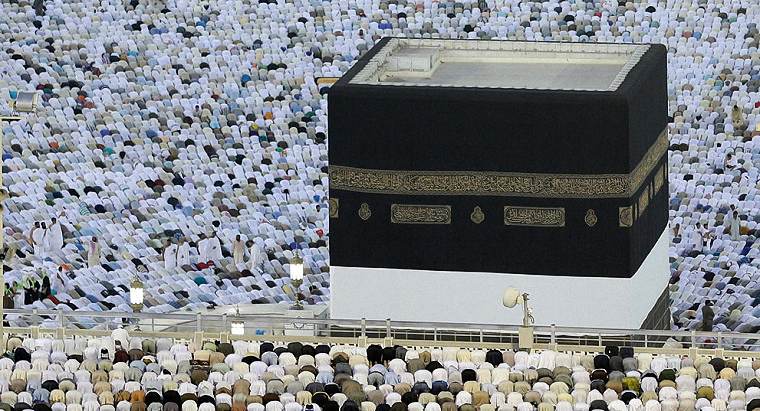
- July 28, 2020
- 143 views
- Author: Ilyas Nassief
- Category: Articles
- No Comments
One of the biggest and influential slogans of our time is the call for freedom. We observe on an almost daily basis people calling for “freedom”. Governments come and go based on this slogan and “activists” work the masses beautifying for them the great promise of freedom, which usually translates to the “unlimited and unrestricted pursuit of pleasure”. Many are drawn to this call especially women and the youth. How does Islam view freedom and is this call compatible to what Allah sent the Ummah in the Quran and sunnah? As Muslims, we should understand that Islam necessitates that we submit and surrender to Allah and what this means is that we put personal desires aside when these conflict with the Quran and Sunnah because Allah and His Messenger ﷺ know best what is beneficial for us. The challenge therefore is to subdue personal “feelings” and desires and make them subservient to the revelation that was sent to bring us out of darkness into light and out of being astray into guidance and out of falsehood to truth.
The greater challenge becomes apparent when our times and the people who influence others through the weapon of the media, are able to adorn the idea of freedom and make it seem that the one who does not trod on their “path” is out of fashion and obsolete. “New is good”, “Nothing is constant except change,” “It’s my life,” Mind your own business!”, “Religion is the opium of the masses”, “Religion was created to control people.” These are some of their hypnotic catch phrases that have deceived so many.
In the following article, I will try to clarify what Islam teaches about freedom and what freedom means to the Muslim in light of the correct understanding of Islam.
From the beginning of man’s creation, he is under the decree and will of Allah.
We have free will to choose the path of Allah or other than that, but one will bear the result of that choice. This is made clear in the following verse:
The saying “so whoever wills, let him believe, and whoever wills, let him disbelieve” does not mean that one is free to believe or disbelieve and as is said “It’s all good”. In reality this is a warning and a threat for the human being, meaning he is free to choose which path to follow, but he will be judged after resurrection based on the choice that he made. This is made clear in the rest of the verse where Allah reminds of what awaits those who choose to disbelieve; “Indeed, We have prepared for the wrongdoers a fire whose walls will surround them. And if they call for relief, they will be relieved with water like murky oil, which scalds [their] faces. Wretched is the drink, and evil is the resting place.”
Another such verse which shows the outcome of choosing the wrong path is;
In surah al Baqarah, the following verse is often used to show that people are free to choose Islam or any other path. Allah said (translation):
However, in the second part of the verse, Allah makes it clear that truth and falsehood are not the same; “The right course has become clear from the wrong. So, whoever disbelieves in Taghut (false gods) and believes in Allah has grasped the most trustworthy handhold with no break in it. And Allah is Hearing and Knowing.”
What these verses of the Qur’an all prove is that we are free to choose, however, there is one truth. Whoever accepts it will be saved from the eternal torment and whoever rejects and turns away, then he has made his choice and will bear the consequences of that choice. Being a creation of Allah means that we are not free as is understood by the disbelievers, but servants of Allah, bound by our belief and servitude to Him. This servitude however in reality is the ultimate freedom, because in that choice, we go from slaves of desires and human beings to servants of the Creator of the heavens and the earth. The reality of freedom is that it is an illusion. Everyone is a servant to something. For the promiscuous, their freedom is slavery to their private parts. For the lover of life, his slavery is to his stomach and the glitter of the world. To the lover of wealth, his servitude is to money, in short everything that one obeys, he becomes a slave to.








